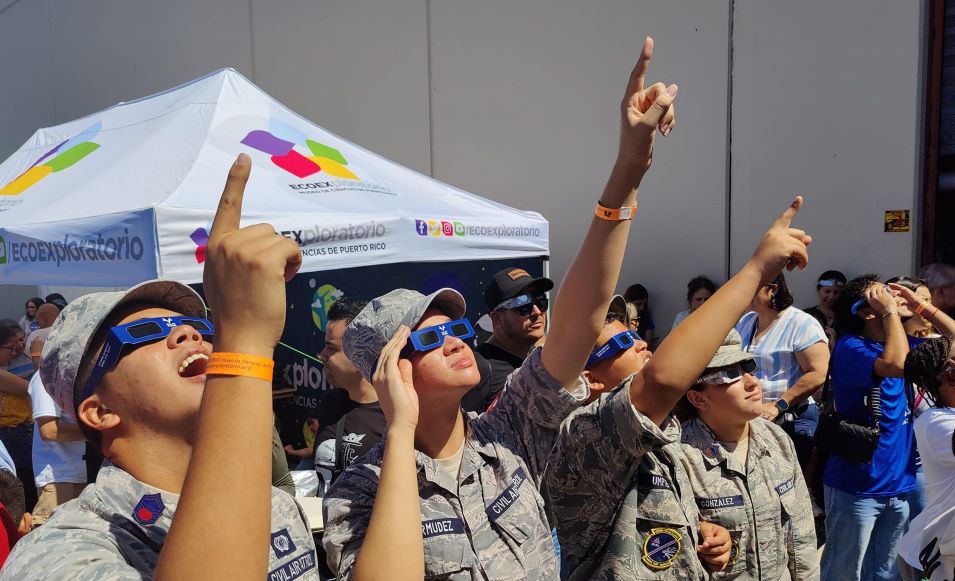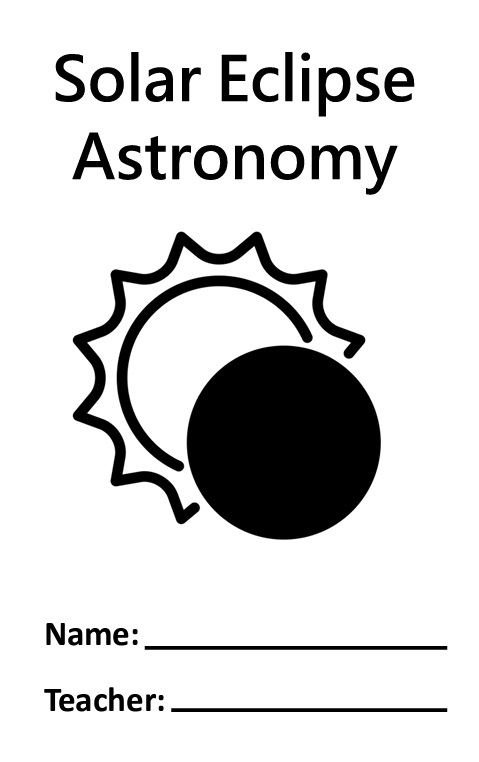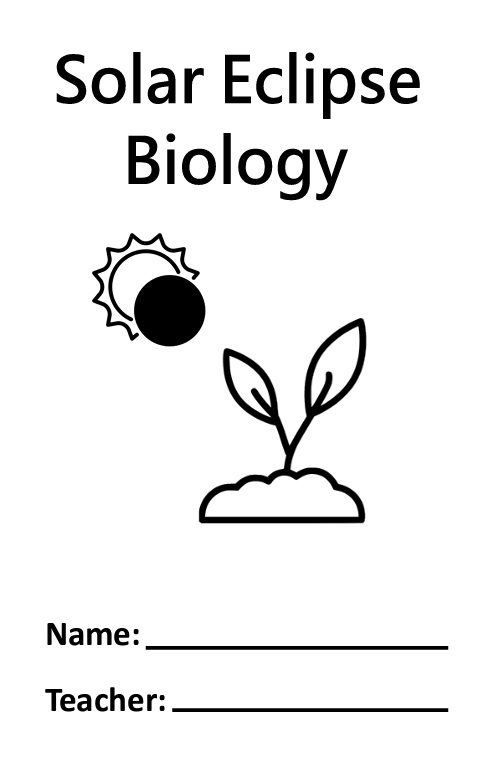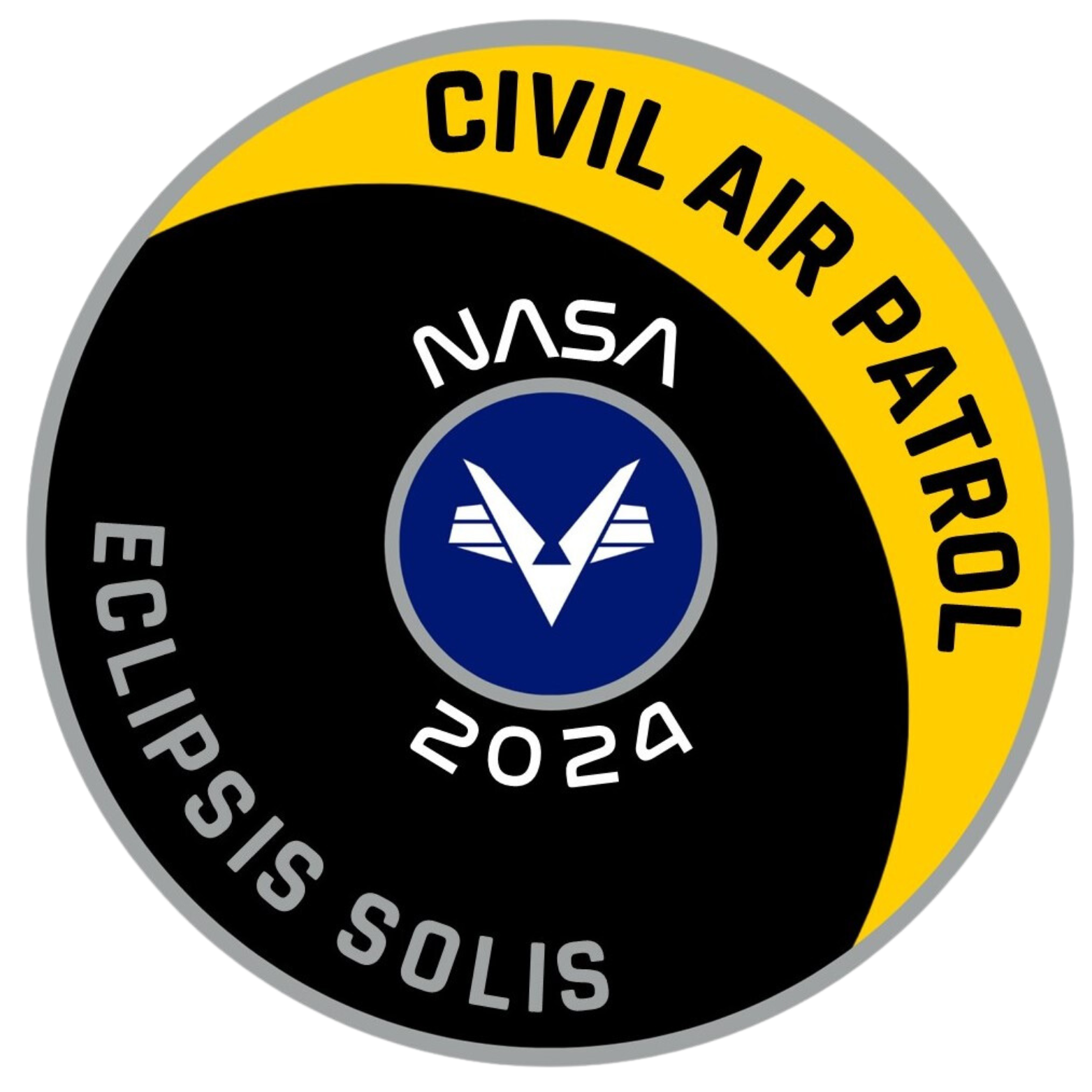CAP's 2024 NASA GLOBE Solar Eclipse Project
 |
NASA Solar Eclipse Project Brings Special Science Opportunities
On April 8, 2024, a solar eclipse crossed North America. To make the most of this rare astronomical event, Civil Air Patrol partnered with NASA’s GLOBE Eclipse Project to give youth the opportunity to become Solar Eclipse Citizen Scientists, even outside the path of totality.
NASA sponsors the GLOBE Program, which includes a dynamic GLOBE Observer app. GLOBE Eclipse is a temporary tool in the GLOBE Observer app which helps with documentation of air temperature and clouds during an eclipse.
GLOBE Observer is "an international network of citizen scientists and scientists working together to learn more about our shared environment and changing climate." This program is an ongoing program so it is hoped the information and lessons, below, will allow continued interest in and exploration of the GLOBE Observer program.
Information for formal and informal educators
All classroom, community, and homeschool educators anywhere in the United States were offered the opportunity to register as a CAP Solar Eclipse Classroom and choose to implement one of three classroom missions: Astronomy, Biology, and Weather. Interested educators registered their educational group for the project here. Citizen Science data collected by educators participating in any of these missions were submitted to NASA’s GLOBE Eclipse project. Detailed guidance and educational resources for each mission are linked below.
registered their educational group for the project here. Citizen Science data collected by educators participating in any of these missions were submitted to NASA’s GLOBE Eclipse project. Detailed guidance and educational resources for each mission are linked below.
If not already a Civil Air Patrol educator member, any formal or informal educator can check out CAP's educator program which involves free K-12 STEM products and programs to enhance any educational environment!
Any young person, ages 12 and above, who is interested in aviation/space programs may also be interested in becoming a CAP cadet. CAP's cadet program is offered in squadrons located in communities across the country.
Solar Eclipse Resources for Educators
 |
 |
 |
Astronomy(3rd to 7th Graders) |
Biology(3rd to 7th Graders) |
Weather(3rd to 7th Graders) |
|
Participating classrooms will focus on making observations about how the light and energy reaching Earth change over the course of a solar eclipse. Students will make sketches of the Sun/Moon at different points of the eclipse, make observations about how light/shadows behave when they are in the Moon’s Penumbra, and track changes in the amount of energy reaching Earth by measuring changes in air temperature. |
Participating classrooms will focus on making observations about how living things change their behavior during the solar eclipse. Students will make direct observations about how plants and animals react to the changes in light and temperature that happen during the length of a solar eclipse. |
Participating classrooms will focus on making observations about how changes in the amount of solar energy affect the weather. Students who participate in this mission will track changes in air temperature, cloud cover/type, and wind speed/direction. |
Information for Civil Air Patrol Units
Civil Air Patrol units were offered a separate Solar Eclipse Mission specially designed to be implemented by teams of 5 to 10 CAP cadets. CAP units registered to participate in this mission here. Civil Air Patrol members had the unique opportunity to collaborate with over 250 squadrons nationwide to create a data set that stretches across 7 time zones. During the 4 hours of this data collection mission, teams of 5 to 10 CAP members used their skills to collect data about the effects of Solar Eclipse on weather (air temperature, cloud cover/type, wind speed/direction, and precipitation) and track the impact of solar eclipses on VHF Radio Operations.
here. Civil Air Patrol members had the unique opportunity to collaborate with over 250 squadrons nationwide to create a data set that stretches across 7 time zones. During the 4 hours of this data collection mission, teams of 5 to 10 CAP members used their skills to collect data about the effects of Solar Eclipse on weather (air temperature, cloud cover/type, wind speed/direction, and precipitation) and track the impact of solar eclipses on VHF Radio Operations.



